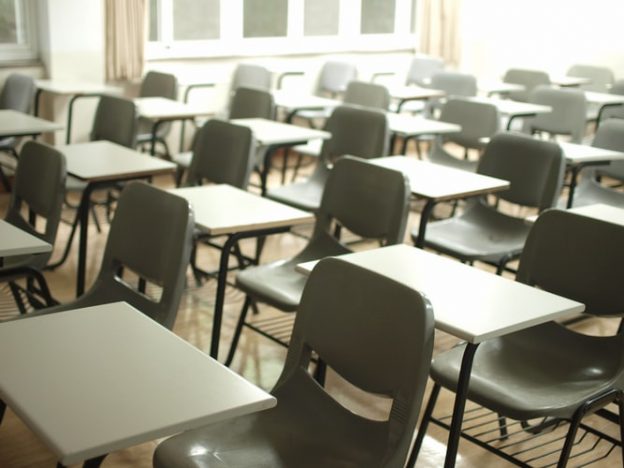Radon is a dangerous gas because it can cause cancer and other respiratory diseases. The worst thing about it is it cannot be seen or touched, making it hard for people to identify whether it is present in a place. Not only that, but radon levels are higher indoors than outdoors. Therefore, there is a need to ensure that every building is radon free to avoid getting lung cancer. Parents, teachers, and other authorized persons need to ensure that there is no radon in schools. As such, radon testing should be required to guarantee the safety of the children.
Radon in the United States
According to the National Conference of State Legislatures (NCSL), radon is present everywhere in the United States. However, the level of this radioactive gas differs from state to state. Since radon is everywhere, there could be radon in schools, universities, and other academic places where your children go. NCSL also stated that radon is exceptionally high in Iowa and North Dakota. Suppose you are moving into another city or state, consider areas where there are low radon levels. You may check this radon map from the United States Environmental Protection Agency.
In case that you need to live in places where there are high radon levels, you need to ensure that the house, whether it will be built from scratch or ready to live in, has zero radon. There are construction techniques and strategies that you can apply to make your home radon free. You may also check the state laws regarding radon both in homes and schools. Worry not because states have addressed the radon issues by creating legislation.
Radon in Schools
If you check the legislation, most are addressed for real estate and homes. What about radon in schools? Are there specific laws to address the issues of this harmful gas to schools and universities? Many people believe that radon testing should be required in schools. This way, proper precautionary measures will be conducted to decrease the radon levels, primarily if it is found out that a school has high radon levels. Parents would feel better knowing that their children are not exposed to this cancer-causing gas.
Review of the State Laws and Regulations Regarding Radon in Schools
A research published in the National Center for Biotechnology Information website conducted a review regarding state laws and regulations. They examine the regulations and statutes of each US state related to radon in schools. They have used the following terms to identify the key features and assess if there are discrepancies among states:
- Radon
- School
- Mitigation
- Certification
- Licensing
- Radon-resistant new construction
The study found out that the state regulations related to testing, mitigation, and public dissemination of radon levels in schools are inconsistent. As a result, there is a lack of a national indoor radon policy for schools. This is alarming since it may result in unacceptably high radon exposure levels in schools. The study concluded the following:
Conclusion
- Schools could be a dangerous place for kids, especially if there are high radon levels. Children go to school for years to complete their studies; increasing their radon exposure may lead to severe health conditions and worse, cancer.
- Since there is currently no enforceable Federal limit for radon levels in schools, it led to disparate state regulations related to the testing, mitigation, and public dissemination of radon levels. Not only that but appropriate state funds when mitigation is also needed.
- A federally mandated maximum radon limit should be established for schools and other buildings with public access. This is possible if states work with the USEPA to develop state-specific radon test plans. It is recommended that USEPA offers standardized online radon testing training courses and materials for school employees to reduce state costs. As such, it can improve the consistency, accuracy, and reproducibility of the test results.
The cost of radon testing and applying the construction techniques and hiring a licensed radon contractor are some of the challenges why radon testing is not required in schools. But the government should not overlook radon in schools knowing that kids spend years in these places to finish their studies. Even if there are no strict laws regarding radon in schools, the school authority and concerned parents can initiate the move to make each school radon free. This way, radon exposure will be prevented, and the risk of lung cancer will be decreased.


